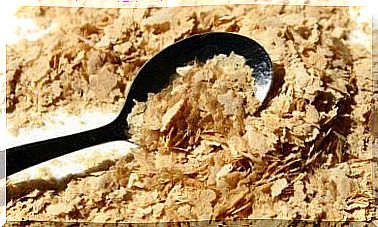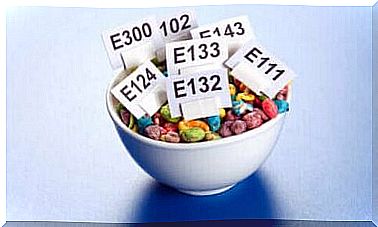Heart Attack Detection: 5 Symptoms
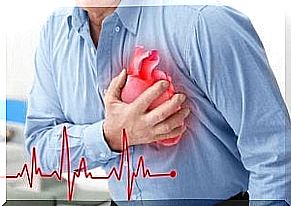
Recognizing a heart attack is important to each of us not only for our own health but also for the health of other people. With a few tips, we will be able to prevent a serious situation from getting worse. In the event of a heart attack, prompt action is required.
The cause of a heart attack is easy to explain: a clot clogs blood flow in the arteries, preventing blood from entering the heart and from there to the rest of the body.
Unfortunately, a heart attack is remarkably common.
Identifying a heart attack
The heart sends signs to the body for a short time just before a heart attack. Knowing these symptoms makes it easier to identify a heart attack, allowing you to seek help from yourself or another person quickly. Prompt action during this short moment is vital.
Here are the main symptoms of a heart attack:
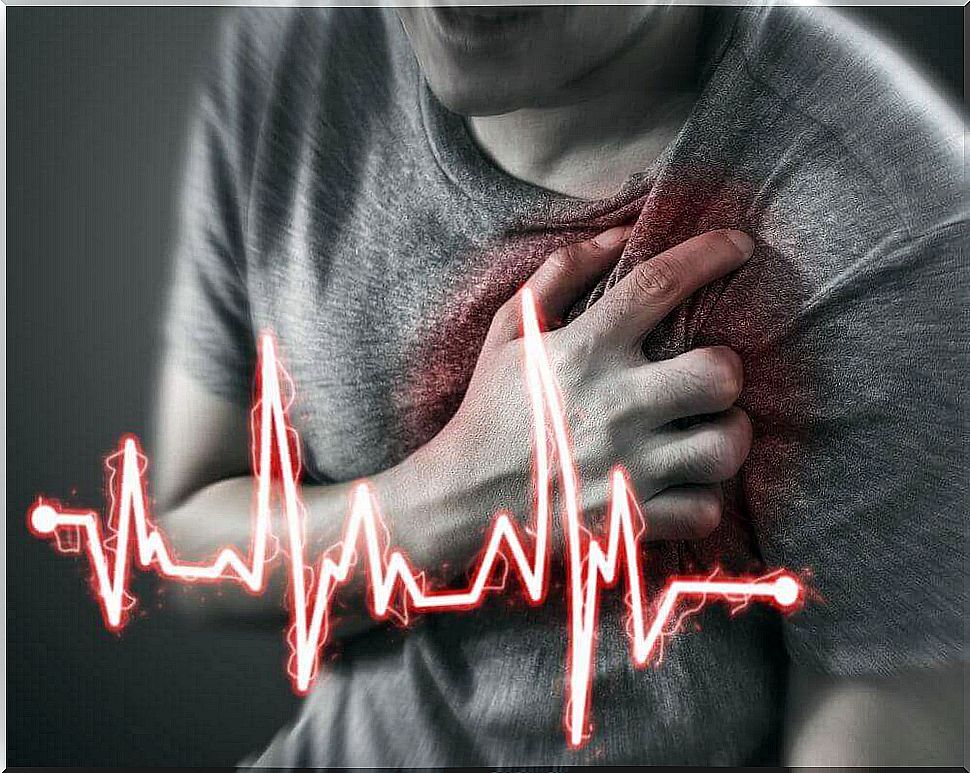
1. Chest pain
In a heart attack, there is pain behind the sternum. Later, the pain spreads to the other (usually left) arm and from there to the neck. This usually happens within 40 minutes.
2. Increased pulsations
Heart palpitations increase and difficulty breathing occurs.
3. Nausea
Nausea is also one possible symptom. Remember that nausea alone does not automatically mean a heart attack. It usually occurs after the steps mentioned earlier, and the patient may vomit.
4. Changes in body temperature
Body temperature can change from one end to the other. This varies from person to person. Others are cold sweaty, while some feel sudden and extreme heat or hot flashes.
5. Anxiety
Anxiety is also common. It is best to seek help quickly, as worrying yourself may only make the condition worse.
Lifestyles increase the risk of heart attack
Certain lifestyles increase the risk of heart attack. We recommend that you avoid the following harmful practices as much as possible.
1. Smoking

Smoking increases the risk of heart attack. It is one of the biggest risk factors for cardiovascular disease.
When someone smokes heavily, his or her respiratory function deteriorates significantly. In the event of a heart attack, it can have serious or even fatal consequences.
2. Excessive stress
Stress is a common problem, and there is very little time left for recovery in modern hectic life. Be calm, focus on solving problems, and don’t get tired of them.
Separating work and personal life is the first step in dealing with stress. Breathing methods, mindfulness and other tools can help you focus on the present and not worry about tomorrow.
3. Fatty food
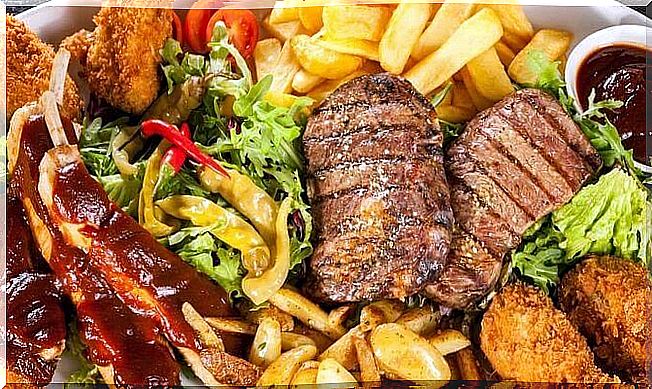
Follow a healthy diet. Eating a lot of junk food and other fatty foods gradually increases the risk of getting diseases. Remember that a large portion of cardiovascular problems are caused by a poor diet.
Avoid large amounts of bad cholesterol. We do not mean that certain foods should be completely eliminated from the diet, but attention should be paid to the diet. Fast food can be eaten every now and then.
4. Alcohol
Drinking plenty of alcohol is harmful. In fact, alcohol is an important factor in the development of overweight and increases the likelihood of heart problems.
If you plan to drink alcohol, drink it in moderation. Don’t get sick of your body in vain.
5. Lack of exercise

Immobility is also a disadvantage. A lot of people who stay still do not promote their blood circulation and as a result they may develop health problems.
No extreme measures are needed to prevent a heart attack. The key is to live as healthy a life as possible. Avoid bad lifestyles and above all Learn to control your emotions.
All of the above will greatly help prevent a heart attack.


